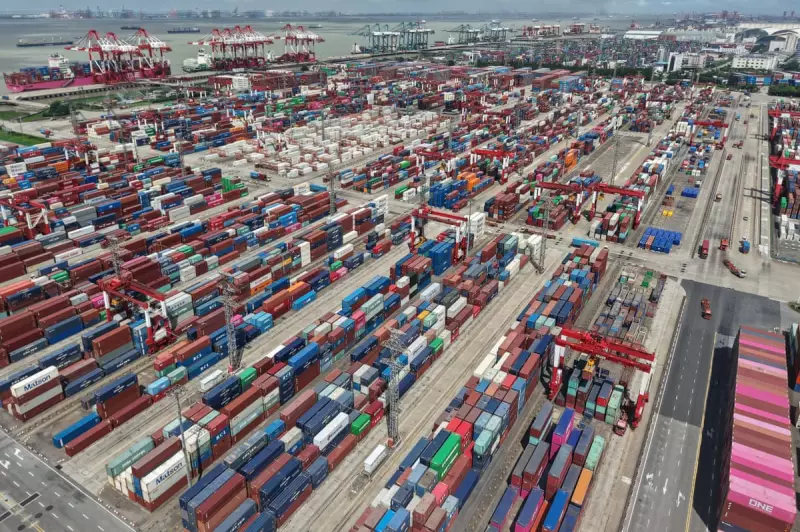
In a stunning political reversal, the United States Senate has delivered a sharp rebuke to former President Donald Trump, voting overwhelmingly to block his proposed across-the-board tariff programme.
Bipartisan Coalition Forms Against Tariff Plan
The Senate voted 68-32 to advance legislation that would prevent the implementation of Trump's sweeping 10% universal baseline tariff, with a remarkable 22 Republicans joining Democrats in opposition. This represents the first significant legislative pushback against Trump's economic agenda since his return to political prominence.
The rebellion was led by Republican senators who expressed deep concerns about the potential economic fallout from such aggressive trade measures. "This wasn't about partisan politics," one senior Republican aide revealed. "This was about preventing what many saw as an economic disaster in the making."
White House Forced into Rapid Revisions
Facing almost certain legislative defeat, the Trump administration has been compelled to substantially revise its tariff strategy. The original plan, which would have imposed a blanket 10% tariff on all imports with higher rates up to 60% on Chinese goods, has now been scaled back significantly.
Administration officials have been working feverishly behind the scenes to develop a more targeted approach that might survive congressional scrutiny. The revised package is expected to focus more specifically on certain trading partners and product categories rather than the broad-based approach initially proposed.
Economic Concerns Drive Unusual Alliance
The strong opposition emerged from concerns across the political spectrum about potential consequences including:
- Significant increases in consumer prices for everyday goods
- Retaliatory measures from key trading partners
- Damage to important international alliances
- Negative impact on American businesses reliant on imported materials
Business groups and economic experts had warned that the original tariff plan could trigger inflation and potentially slow economic growth, arguments that clearly resonated with many senators.
What Comes Next for Trade Policy
The Senate's action represents a major inflection point in US trade policy and demonstrates that even with Trump's influence, there are limits to congressional support for protectionist measures. The administration now faces the challenge of crafting a trade policy that satisfies both its political base and practical economic realities.
This development also signals potential trouble ahead for other elements of Trump's economic agenda, suggesting that congressional Republicans may be willing to break ranks on issues where they perceive significant economic risk.
The revised tariff package is expected to be unveiled in the coming weeks, though it remains unclear whether it will face further legislative challenges.





